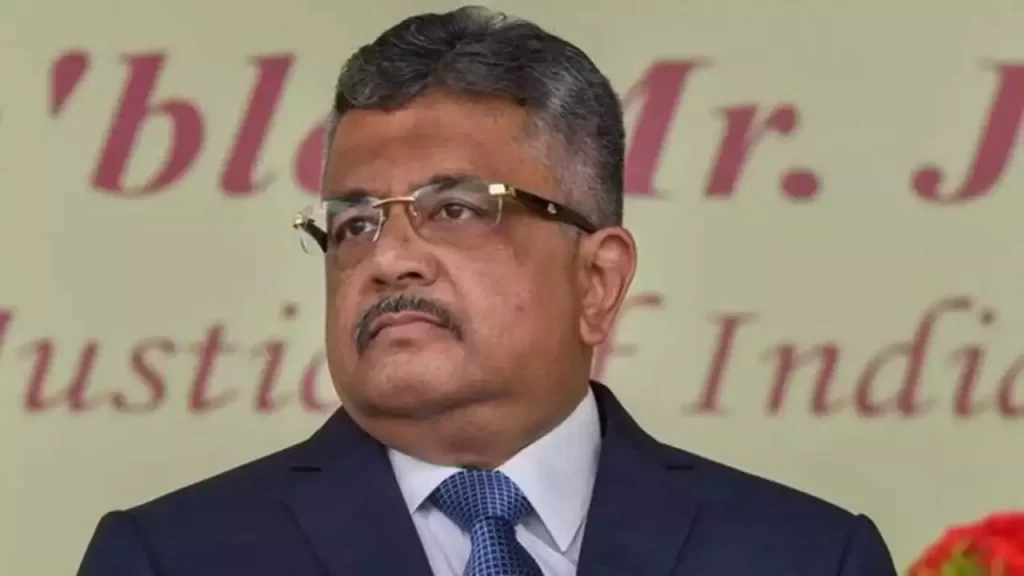Jahanvi Agarwal
The Supreme Court on 27th September concluded a long-standing curative petition filed by the Central government and the Airports Authority of India (AAI), which had delayed the brownfield redevelopment of Nagpur’s Babasaheb Ambedkar International Airport by GMR Airports Limited.
The Central government and the AAI had originally challenged a 2022 Supreme Court decision that allowed GMR Airports to upgrade and operate the airport as part of the Multi-modal International Cargo Hub and Airport at Nagpur (MIHAN ) project. This challenge came through a review petition, which was dismissed, prompting the filing of a curative petition. However, during the latest hearing, Solicitor General Tushar Mehta expressed that the curative jurisdiction of the Supreme Court was not applicable in this case.
In a surprising turn, SG Mehta offered his professional opinion, asserting that “there is no ground of bias, and there cannot be any bias.” This came after Chief Justice DY Chandrachud, leading the bench, sought the Solicitor General’s professional perspective on whether the curative petition merited consideration under the parameters set in the Rupa Ashok Hurra Judgment, which outlines the criteria for invoking curative jurisdiction.
SG Mehta reiterated his stance, explaining that his recommendation was made in a professional capacity and without consultation with the Union of India. “It is my professional opinion that the grounds for invoking curative jurisdiction are absent,” Mehta stated. Consequently, the petition was not pressed, and the court formally noted in its order, “We note that curative plea is not pressed before the court.”
Mehta, however, urged the Court to clarify a particular observation made in the 2022 judgment. Specifically, he referenced paragraph 51, where the Supreme Court dismissed objections raised by the Centre and AAI over not being impleaded as parties in the case. The objection had been deemed “bereft of any merit” by the Court at the time. Mehta raised concerns that this observation might negatively impact future litigation on similar matters, as it suggested that the Union and AAI are not necessary parties in cases of this nature.
Responding to Mehta’s concern, the Court agreed to include a clarification in its order. “The observation in para 51 of the judgment that AAI or Union are not necessary parties would not be the correct position in law,” the Supreme Court clarified in its ruling.
The resolution of this curative petition marks the end of a legal battle that began with the Centre and AAI’s objection to the redevelopment project. In 2022, the Bombay High Court had ruled in favor of GMR Airports, allowing the company to proceed with the brownfield upgrade. Despite subsequent legal challenges, including a review and curative petition, the Supreme Court has now definitively closed the matter.
This decision has been positively received, particularly by Maharashtra’s political leadership, which views the ruling as a green light for the long-awaited Nagpur airport project to proceed without further legal hurdles.
Case Name: Airports Authority of India vs. GMR Airports Ltd and Anr.
Case Number: Curative Petition (Civil) No. 198 of 2022
Bench: Chief Justice of India DY Chandrachud, Justices Sanjiv Khanna, BR Gavai and JK Maheshwari.

